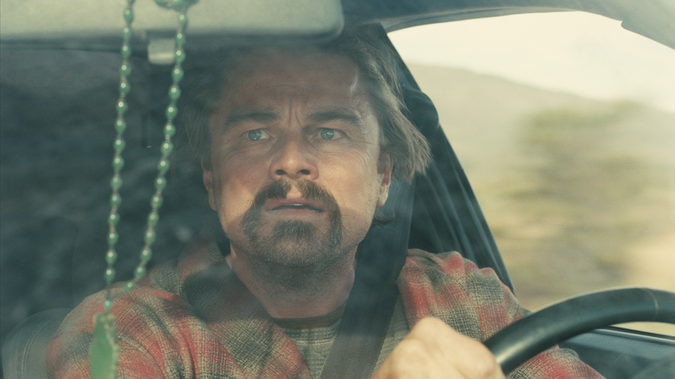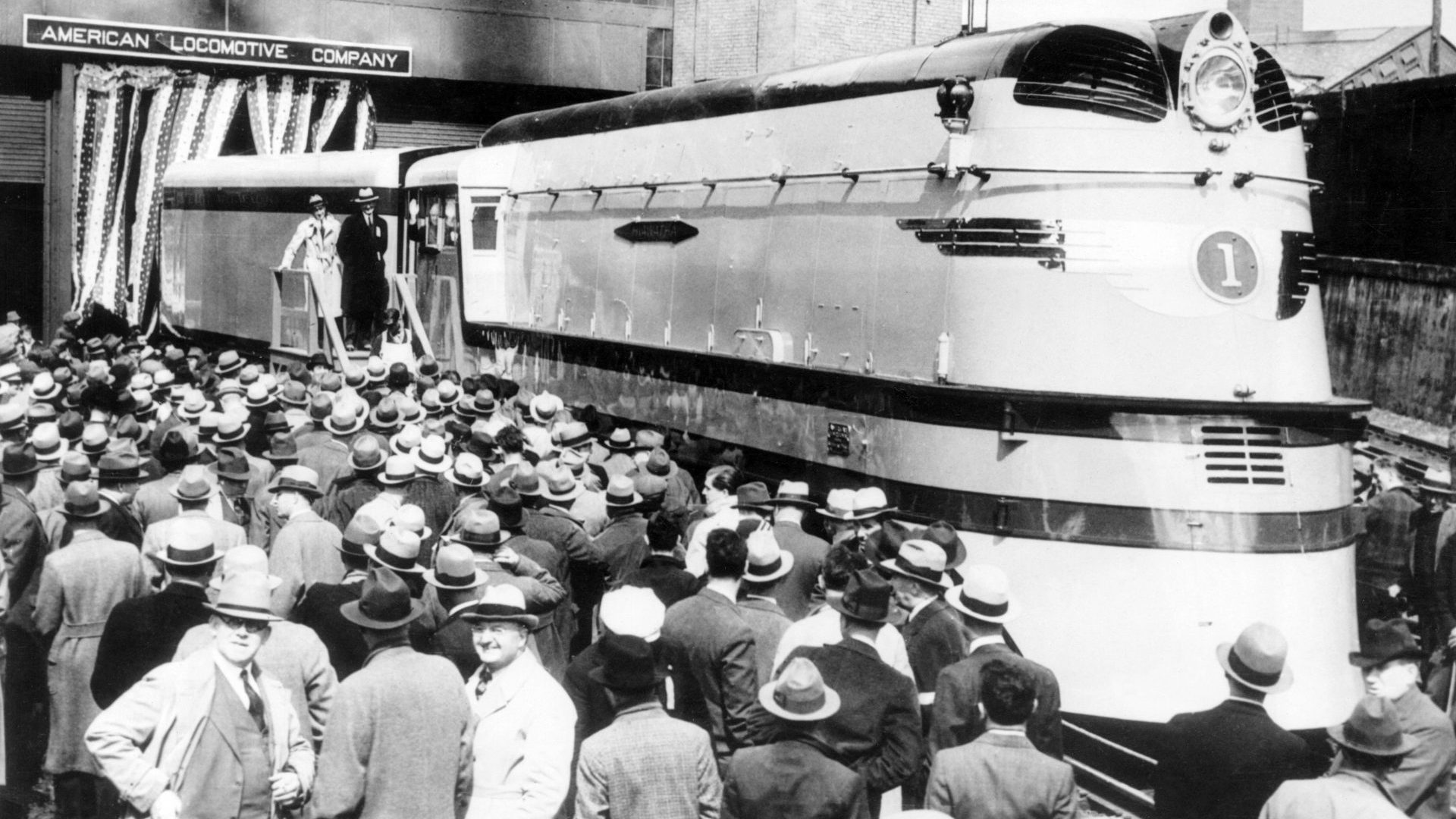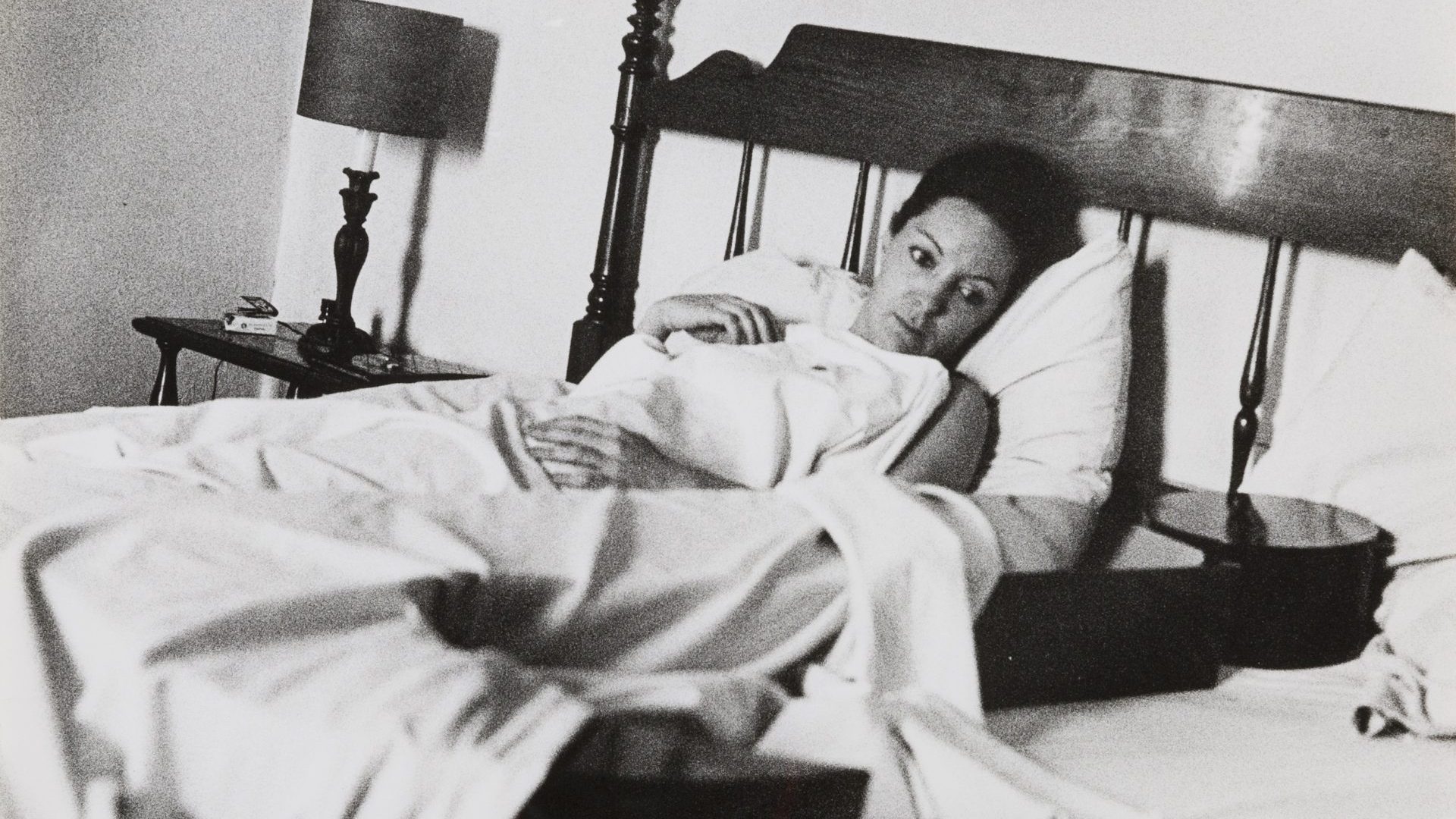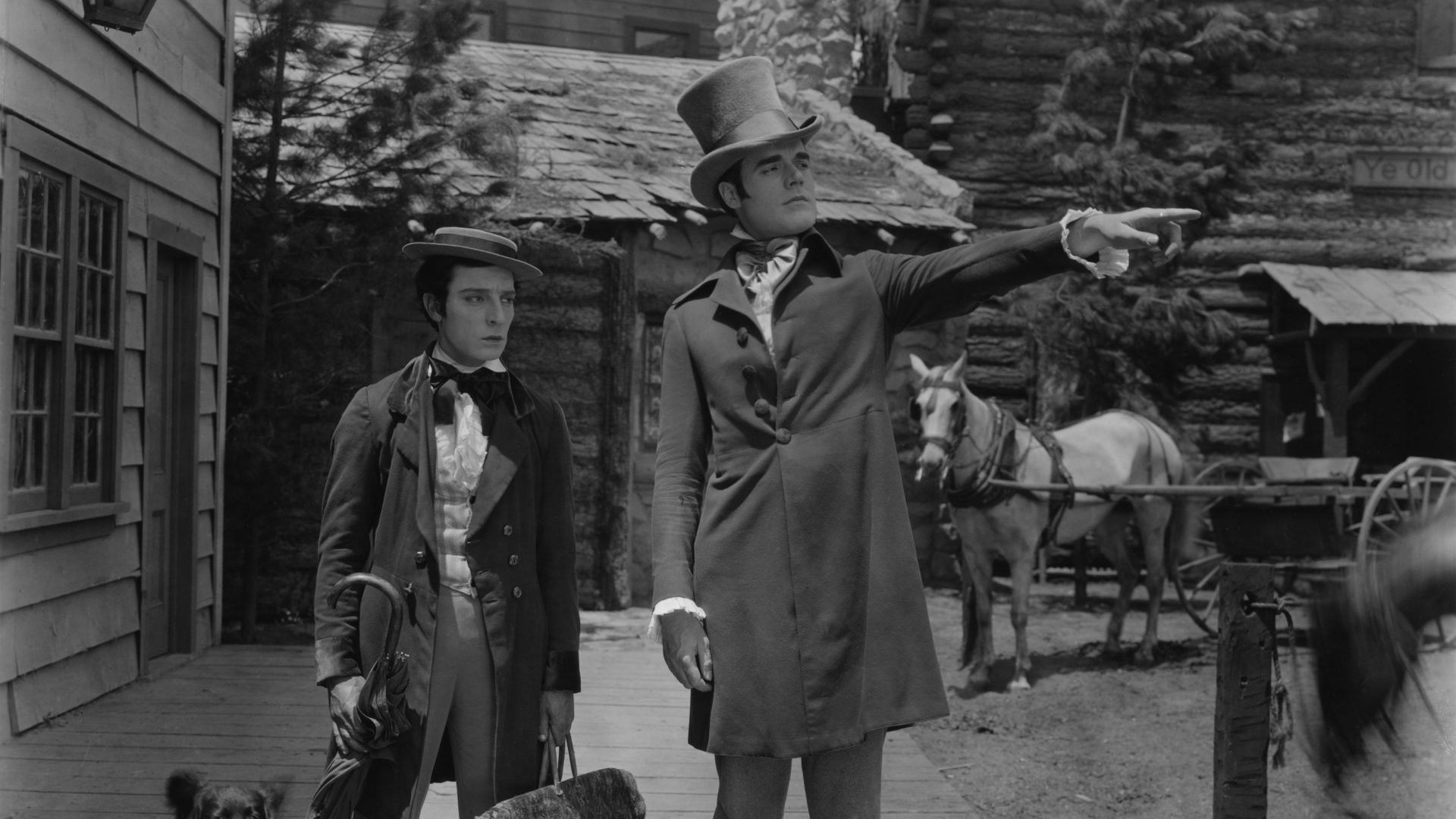In his 2013 novel Bleeding Edge, Thomas Pynchon displayed his gifts as a clairvoyant. “More and more servers in the same place putting out levels of heat that quickly become problematic unless you spend the budget on A/C,” sinister tech titan Gabriel Ice tells New York private investigator Maxine Tarnow. “Thing to do is to go north, set up server farms where heat dissipation won’t be so much of a problem…”
He goes on: “The tropics may be okay for cheap labour and sex tours, but the future is out there on the permafrost, a new geographical imperative – gain control of the supply of cold as a natural resource of incomputable worth.”
Rereading Bleeding Edge earlier this year, I almost gasped at this. How could it be that a crazily paved detective story about the dot.com bubble and September 11 could have anticipated the future so precisely? In a coincidence worthy of the author himself, at the exact time I stepped back into its pages, Donald J Trump was making eyes and threats at Canada and Greenland. Elon Musk had his ear. I could only wonder: what if the living ghost of American letters had it right all along?
This autumn has been a fruitful time for Pynchon’s substantially unbearable cohort of fanatically attentive readers. “Inspired” by the writer’s fourth novel, Vineland, from 1990, Paul Thomas Anderson’s One Battle After Another is presently packing them in at the pictures. (In 2014, the director brought Pynchon’s Inherent Vice to the screen.) Better yet, after a dozen years of silence, last week saw the publication of Shadow Ticket, his ninth novel.
The book opens in 1932 Milwaukee, in a time of domestic political violence and geopolitical earthquakes to come. Whether or not this interwar action pertains to any of the present goings-on in the United States can be answered only by the words on the page.
Refusing to submit to the niceties of modern publishing, Thomas Pynchon has never been interviewed. The only known photograph of him is from the 1950s. As if seeking to provide a workable metric for anyone not familiar with his work, he has, though, made a pair of voiced appearances in The Simpsons.
Ablaze with cartoon colours, Pynchon’s own worlds feature talking dogs, a trained octopus, communities of the living dead, federal agents addicted to television, and more. His fixation on food rivals that of Homer himself. At the Bodhi Dharma Pizza Parlour (from Vineland) the pizza sauce “was all but crunchy with fistfuls of herbs only marginally Italian and more appropriate in a cough remedy”.
As well as being the funniest writer I’ve ever read, Pynchon is among the most serious. His ability to catch scent on the wind is astounding. As the author Paul Murray wrote, about the devilishly complex Gravity’s Rainbow (1973), “His vision of a future where technology is used to control, subdue or monetise every element of human experience feels more prescient every day. Climate change, the capture of the state by corporate interests, tech billionaires turning whole populations into lab rats… Pynchon saw it coming”.
Suggested Reading


Why One Battle After Another must win Best Picture
Of course, he isn’t the only writer in whose world we appear to be living. With its cast of murdered journalists and amoral appeasers, a recent rereading of Philip Roth’s counterfactual historical novel The Plot Against America gave me the horrors. A glance at the “trad wife” movement, or sly talk about falling reproduction rates, puts me in my mind of The Handmaid’s Tale or The Testaments, by Margaret Atwood.
But the weirdness of the modern age is Pynchonian in the extreme. The sight of a demented president in the company of a druggy consigliere and a toddler named X could have sprung from his boundless imagination. I can easily picture him writing a scene in which the Leader of the Free World schedules a UFC event on the White House Lawn, as Trump did last week. From Pete Hegseth to Tulsi Gabbard, the entire administration acts and thinks like characters forged in Pynchon’s heightened style.
“Pynchon’s gift has always been his ability to render America in its full strangeness: a divided people looking askew in all directions, united only by their common fantasy of there being a Real America to return to,” wrote the literary critic Megan Nolan. “Maybe that’s why he hasn’t set [Shadow Ticket] in the present day: the actual contemporary US is too Pynchonian to appear in fiction. Remember, an image-obsessed despot is ruling the world’s most powerful nation by decree, and crushing anyone who makes him look stupid.”
Despite standing on the cusp of his 10th decade, I’m not sure I agree with confident declarations that Shadow Ticket will be Pynchon’s last book. The last time he took a break of anything like this length – 17 years, following Gravity’s Rainbow – it transpired that he’d been working on three titles – Vineland, Mason & Dixon and Against The Day.
I certainly hope there’s more of him waiting in the vaults. It doesn’t matter what period Pynchon writes about, his eye catches what’s happening now, and next. Take this from Shadow Ticket protagonist Hicks McTaggart, a private dick who when hauled in to see the feds through a back door at their Milwaukee office, is handed a block of jelly and a mould in the shape of a symbol of American freedom. “A Statue of Liberty made of Jell-O,” he asks. “Where do you start eating it? The head? The torch?”
Unlike the novels themselves, Pynchon’s own sympathies are not hard to interpret. In a rare emergence into the light, in an introduction to the Plume Central Edition of 1984, in 2003, he wrote, “Orwell in 1948 understood that despite the Axis defeat, the will to fascism had not gone away, that far from having seen its day it had perhaps not yet come into its own. What could prevent the same thing from happening to Britain and the United States? Moral superiority? Good intentions? Clean living?”
Which reminds me of another prophetic moment, this one from Vineland. After the stuffy College of the Surf, in California, is transformed in an instant into the loose-loving, dope-toking People’s Republic of Rock and Roll, the US Department of Justice, under the aegis of federal fascist Brock Vond, unveils a plan to destabilise this countercultural threat to wholesomeness and decency.
The idea, Pynchon explained, was to set the people fighting among themselves. “It would also, as Brock Vond pitched it, have value as a scale model, to find out how much bringing down a whole country might cost,” he wrote.
Rather than bothering with a foreign nation, today, Trump has trained his sights on his own people. With the sound of government-issued footwear crunching on the streets of Portland and Chicago, somehow, American life has become as strange as the imagination of Thomas Pynchon.
Shadow Ticket by Thomas Pynchon is published now by Jonathan Cape



